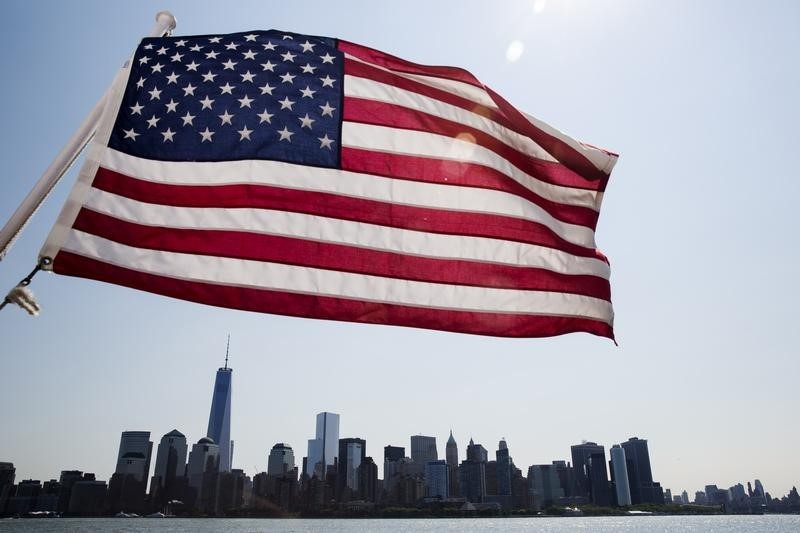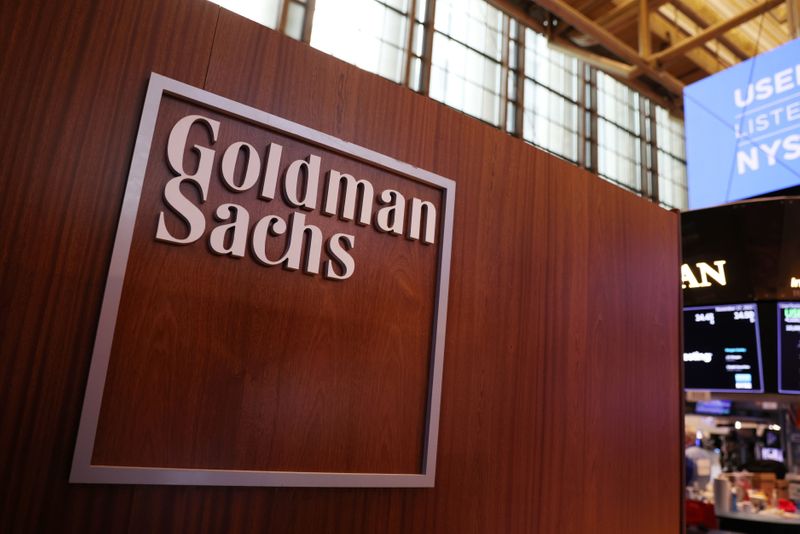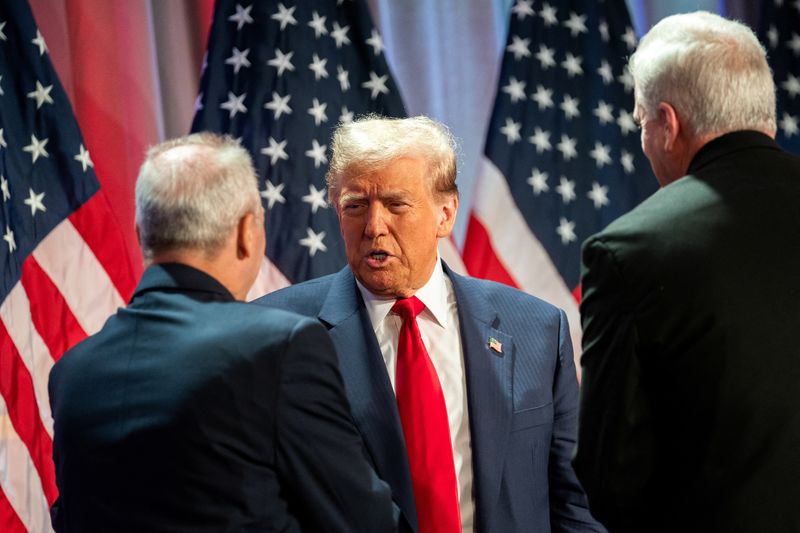
By Bing Hong Lok
SINGAPORE (Reuters) – Slowing inflation has created room for Singapore’s central bank to ease monetary policy in January but it may wait until later in 2025 so it can assess incoming U.S. President Donald Trump’s policies, analysts said ahead of key data next week.
A Reuters poll found that November inflation data on Monday, which could be the last inflation read before the Monetary Authority of Singapore reviews policy next month, is expected to show the core rate steady at October’s three-year low of 2.1%.
The MAS has forecast core inflation would be around 2% in the fourth quarter.
Analysts at DBS Bank expect core inflation to hold steady at 2.1% in November and average 1.8% in 2025, but said the MAS was unlikely to ease policy at its January review.
“Chances are the MAS will want to mirror the U.S. Federal Reserve in basing its monetary policy decisions on U.S. President-elect Donald Trump’s actual policies rather than speculating on potential changes before his inauguration,” DBS economist Chua Han Teng said.
Instead of using interest rates, Singapore manages monetary policy by letting the local dollar rise or fall against currencies of its main trading partners within an undisclosed band, known as the Singapore dollar nominal effective exchange rate, or S$NEER.
It can adjust policy via three levers: the slope, mid-point and width of the policy band.
A MAS survey of economists released last week found that even as inflation has moderated, the number expecting a January easing via a reduction in the slope of the S$NEER dropped to about one-third from half in the previous survey.
Eugene Tan at Moody’s (NYSE:MCO) Analytics expects the MAS to wait for core inflation to be below 2% for a few months before easing, and noted a later move would also give the central bank time to see the impact of Trump’s trade policies.
One of those expecting the MAS to reduce the slope of the S$NEER at the January review is Maybank economist Chua Hak Bin, who expects inflation to soon drop below 2% and sees growth moderating to 2.6% in 2025 from 3.6% in 2024. “Disruptions to global trade flows, and a diversion of China’s excess capacity to the rest of the world because of Trump’s tariffs will be a deflationary shock and reduce import prices for Singapore.”



